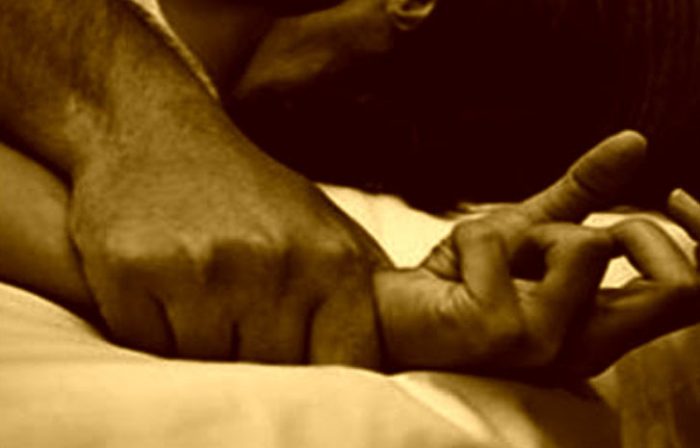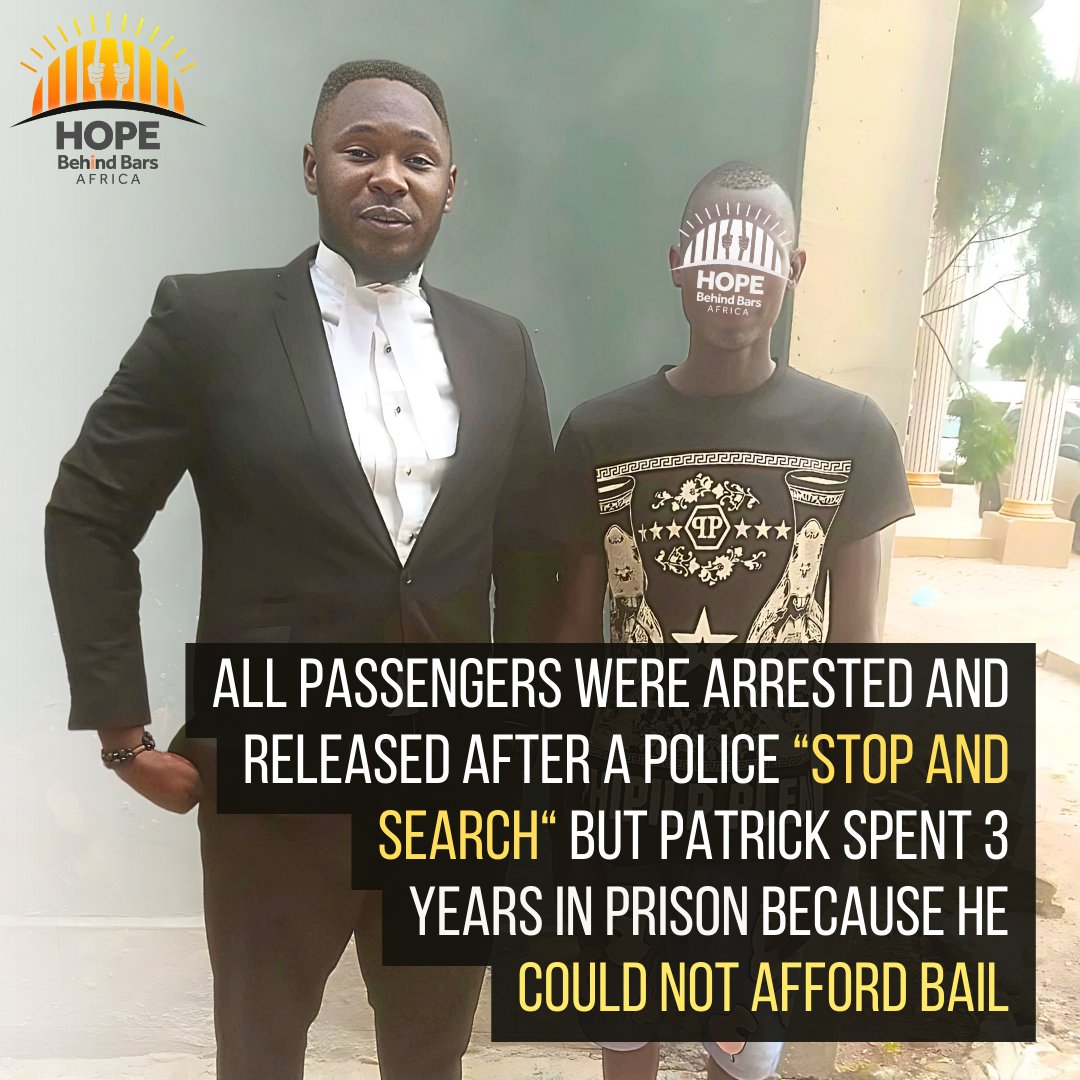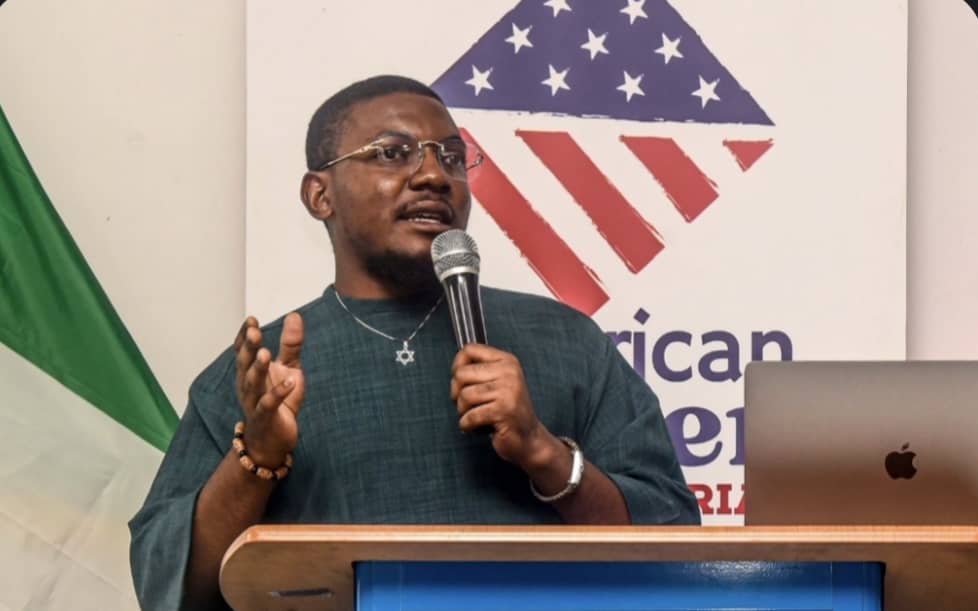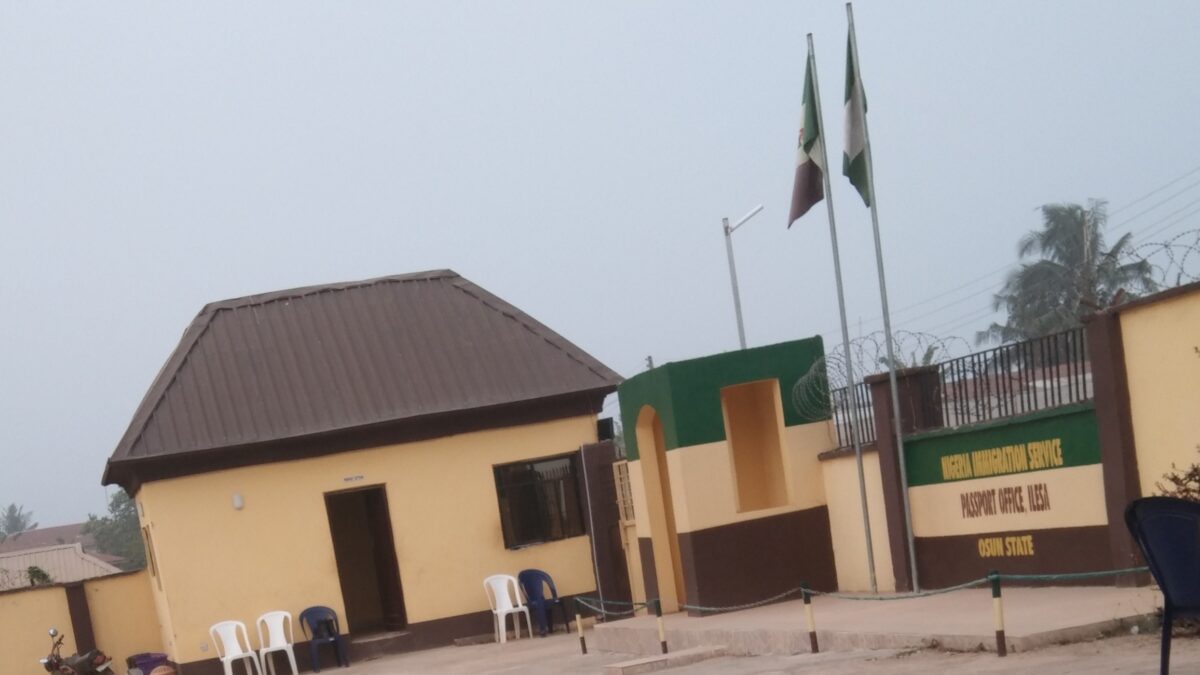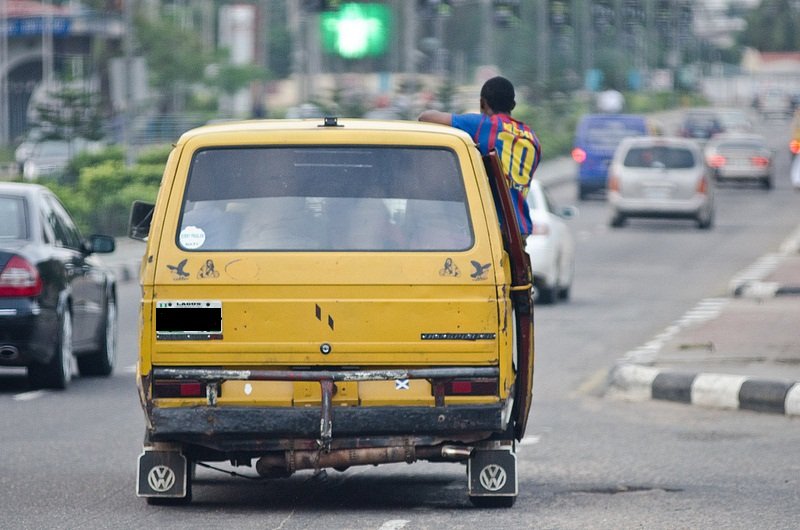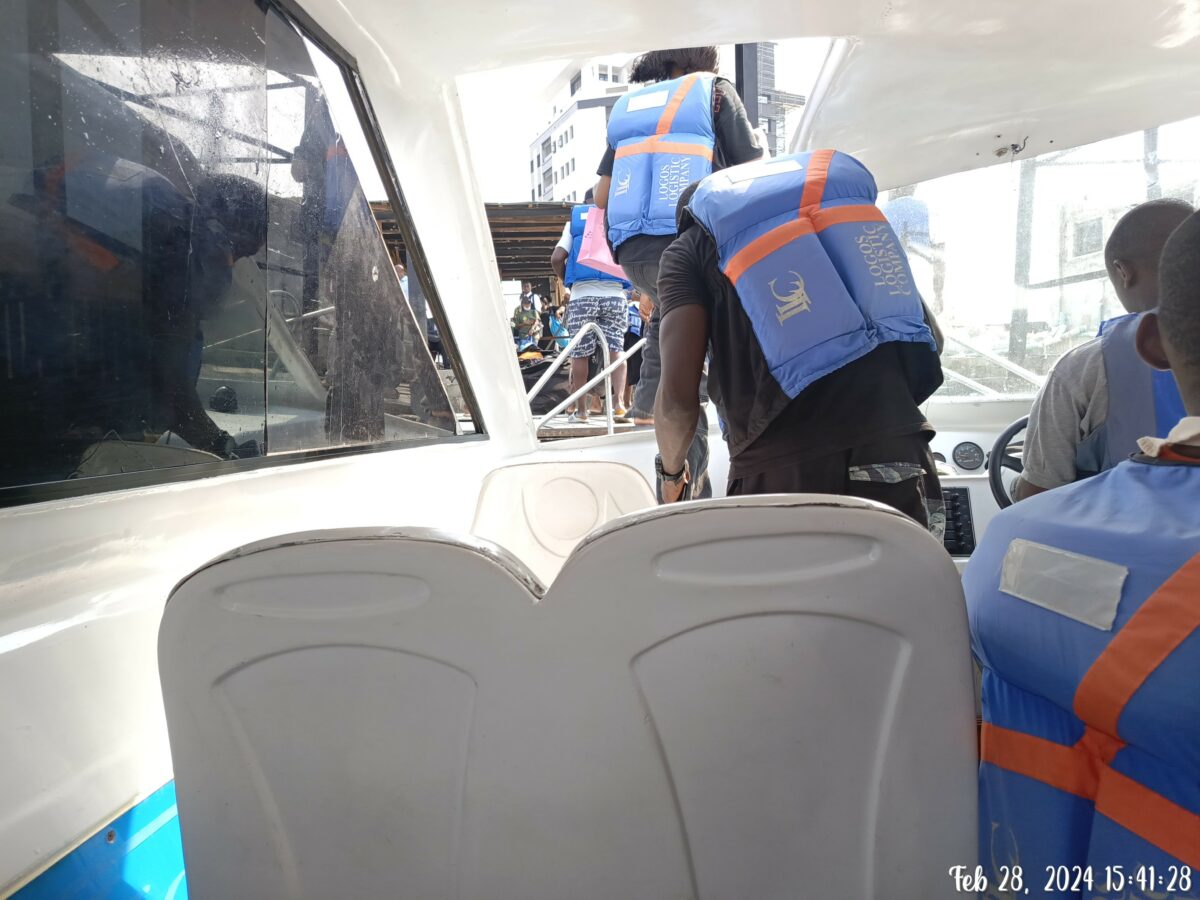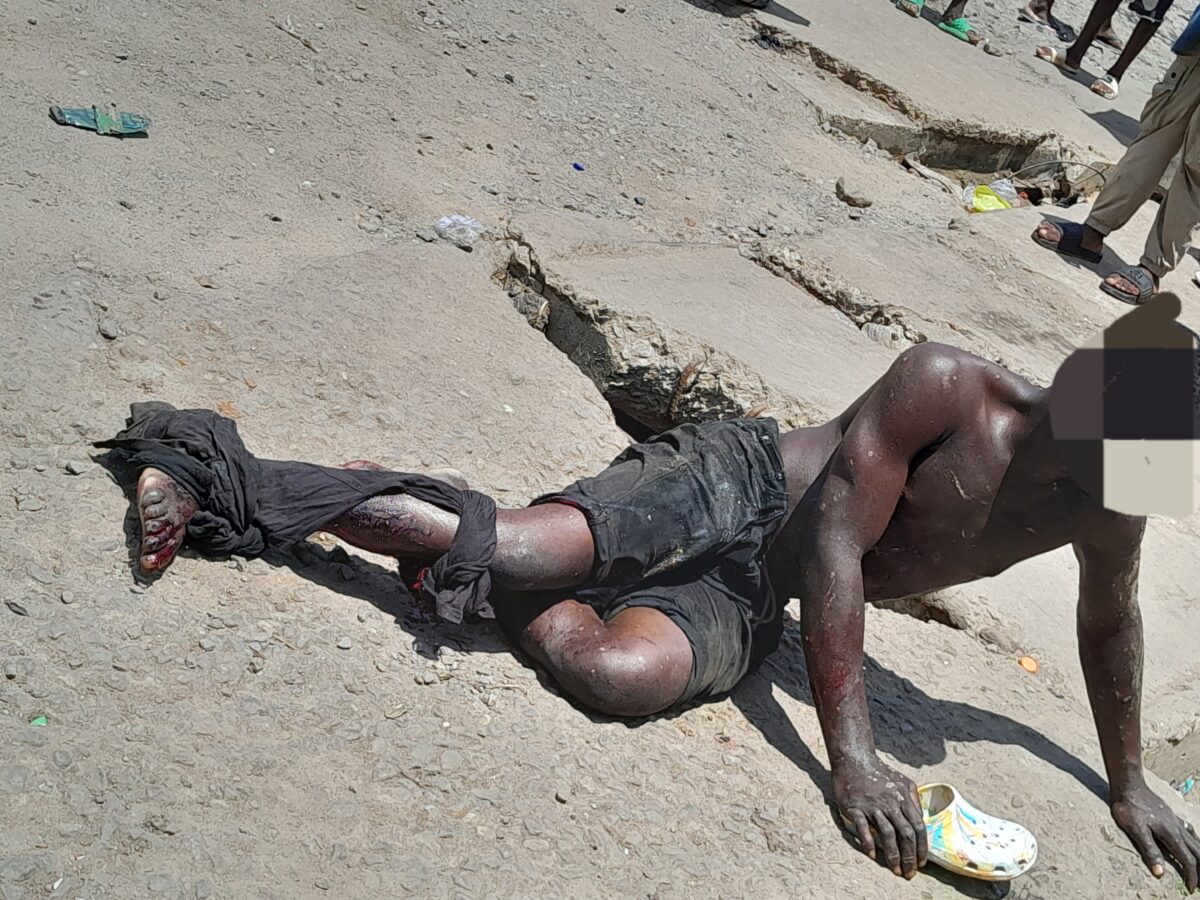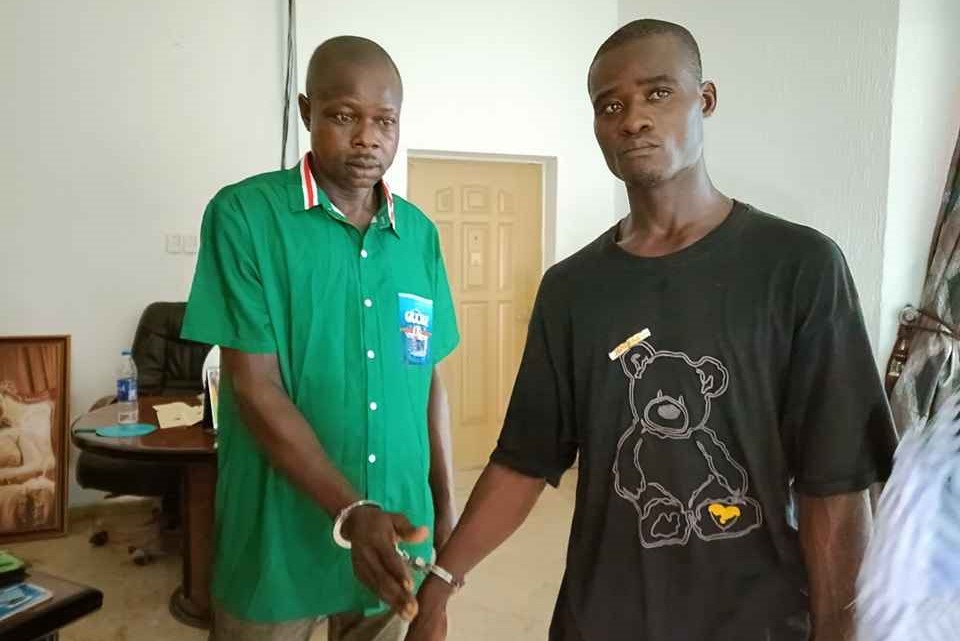If Kemi Tokunbo (not real name), aged 9 and from the southwestern part of Nigeria, knew that she would lose her virginity, she would not return home that day after school hours.
It was already evening in the later days of 2010. Before the inglorious incident, she was given an assignment in school, which was to be written in pure Yoruba Language. The thought of who would help her do it disturbed her mind as her teacher put the questions on the black chalkboard.
She was certain that her father was so busy with how to make ends meet for the family, while her mother was busy trying to address the stillbirth her older sister had been experiencing for some time.
The European Institute for Gender Inequality defined gender-based violence, one of which is child rape, as a phenomenon that is profoundly rooted in gender inequality and remains one of the most egregious human rights violations in all societies, and is usually directed at girls and women.
WALKING INTO THE DEVIL’S DEN
An estimated 91% of child sexual abuse is allegedly committed by a family member or someone who has close relationship with the victim. Tokunbo is one of them.
Although she could not recall the whole experience, the snippets of it still lie in her memory.
Narrating how it happened to FIJ, she said that she opened the door of their apartment and went straight to her sister’s husband to help her with the homework because he was the only one she met at home. Tokunbo thought she was lucky to meet him at home that day when she realised that her mother and aunt had gone out to ile alagbo – a Nigerian lingo for traditional medical center – but unfortunately, luck was not the case.
“He covered my mouth with his hand and he commanded me to remove my pants. He pushed me. When I refused and tried to scream because I was frightened, he threatened my life,” said Tokunbo with a dying tune.
“I am shouting, but no one could hear my woes, no one stayed around, even at the house in front of ours.”
A DAILY REALITY, A LIFETIME INJURY
For many Nigerian children, UNICEF argued in a report that sexual abuse in all its manifestations is a daily reality, adding that one in four girls in the country is a victim of sexual abuse.
A recent study by Women’s Biobehavioural Health Laboratory linked brain damage to sexual violence. For Tokunbo, she has not been emotionally stable because of it. Eventually, she was diagnosed with bipolar disorder years later, after she had an interactive session with a therapist.
“Whenever I hear about rape in the news, I feel low and cry. I do have mood swings. One moment I am fine, and I’ll be sad afterwards,” she stressed.
“Sometimes, I wish I could just die, as I have torn myself with blades several times. I have tortured and blamed myself, feeling lonely. I wonder how many girls he would do it to again. I am emotionally drained.”
Confirming the health challenges, Rukayat Olaide, an advocate against gender-based violence and erstwhile worker at Gender Mobile Nigeria, an Abuja-based initiative which leverages technology to reduce cases of sexual and gender-based violence, said child rape is a “complex issue with multiple” threats to the health status of the victims.
She believed in the Nigerian criminal justice system to hold perpetrators accountable if sanctions are spelt out and an enabling environment to secure justice is created.
“The impact of the crime on the victims is long-lasting and severe. They suffer from physical injuries, emotional trauma and psychological disorders like anxiety, PTSD and depression, and this might require specialised support and counseling before they recover. Its demeaning effects cut across their education, social life, mental health and relationships. In fact, child rape sometimes leads to death,” she told FIJ in a telephone conversation.
A report published by the International Journal of Academic Research in Progressive Education and Development submitted that sexual violence has a negative impact on girl-child education, as 60% of 10 million children who are out of school in Nigeria are majorly girls.
READ ALSO: Osun Post Office Where Workers Don’t Accept Consignments for Fear of Rain
SPEAKING UP MIGHT BE DIFFICULT: STIGMA, SHAME
Bearing in mind that stigmatisation trails cases of abuse, Tokunbo kept the horrible experience to herself for years. Her case was so bad, as she was repeatedly abused by the same man.
“It might sound weird, but truly, I didn’t even tell my mum. I couldn’t tell anybody – my parents or friends – because I was scared of being stigmatised,” Tokunbo told FIJ.
“His actions affected me a lot. I have always believed that being a virgin is not right and it has made me different from others. Whenever my mates talked about virginity, I felt bad or inferior.”
Olaide opined that preventing child rape goes beyond providing awareness about it but requires “a multifaceted approach which would address the root causes”.
“Societal attitudes and norms towards gender and sexuality must be challenged to prevent child rape. Men are entitled to dominate women naturally in some cultural perceptions, thus sexual violence might be normalised or condoned. If economic inequalities like poverty are reduced, it helps to diminish the vulnerability of children to sexual exploitation. So, such empowerment programs that lift families out of abject penury would limit the risk.”
When asked how child rape could be tackled, Olaide proposed that government and nonprofit organisations collaborate to stem the incessant abuses by creating a comprehensive means and providing support for the victims.
“Both the government and nonprofits have a crucial role to play in standing up against this menace, hence they should collaborate. By joining forces and sharing resources or advocating for policy changes that prioritise the wellbeing and safety of the children, they can make a significant impact in putting a stoppage to the devastating effects of sexual abuse.”
READ ALSO: SPECIAL REPORT: Inside Ilu Aje. A Ghost Village in Oyo Where Money Has No Value
NIGERIA MAKES NO PLAN TO IMPLEMENT ITS LAWS – LAWYER
The issue of child rape is rife in Nigeria, not because there are no laws in existence to prevent it but because of poor implementation on the part of the government and its law enforcement agencies.
Adopted in 2003, the Child Rights Act is one of these laws. Section 11 notes that “no child shall be (a) subjected to physical, mental or emotional injury, abuse, neglect or maltreatment, including sexual abuse”.
Although the law is in operation in most states of the country, about 11,200 persons were yet raped in 2020 alone with some children and women dying from the horrible act.
Meanwhile, the statutory sanctions enacted in the law stipulates that anyone who is convicted for rape is life imprisonment, while one who attempts it only takes 14 years in prison. The Child Rights Act has come to stay, but not the only law to guard against rape in Nigeria.
In 2015, the Violence Against Persons Prohibition (VAPP) Act was promulgated to curb incessant cases of sexual violence after serious agitations from different quarters of the society during the last hours of President Goodluck Jonathan. Despite the domestication of the act in Oyo State, a group of researchers still believed that sexual violence was still not only common but also on the increase as low convictions trail the anti-social acts.
“Laws in Nigeria are generally implemented badly. This is the greatest undoing. So many laws have been made without plans to implement them,” said Ridwan Oke, a Lagos-based legal practitioner advocating for social justice.
“The government should put adequate measures in place to ensure that the provisions of the VAPP Act are implemented. Efforts should be made to ensure that victims and their families have good opportunities to make report of torture and their complaints are addressed. It is when these are done that the crime can be reduced.”
A CRY FOR JUSTICE
Speaking further, the human rights lawyer added that child rape would be eradicated if “anyone guilty of it is properly punished and made to face the wrath of the law so as to provide deterrence to others.”
Delayed justice is another hitch to cases of gender-based violence. In a Premium Times report, Pauline Tallen, the Minister of Women Affairs, was quoted bemoaning the spike in the crime, saying that delayed justice was a big challenge that made sexual violence continue.
“Sexual violence still persists because we (Nigeria) seem to have a problem with the public with the justice system: justice delayed is justice denied. We are appealing to the justice system to act fast,” she said.
Meanwhile, Tokunbo, who is now in one of the Nigerian universities, is still crying for justice. “Yes, I want justice one day. I know it is not possible sometimes in Nigeria because the country is full of lies and deception, but I want it. No faithfulness. I hope victims like me will get it one day.”
Subscribe
Be the first to receive special investigative reports and features in your inbox.


